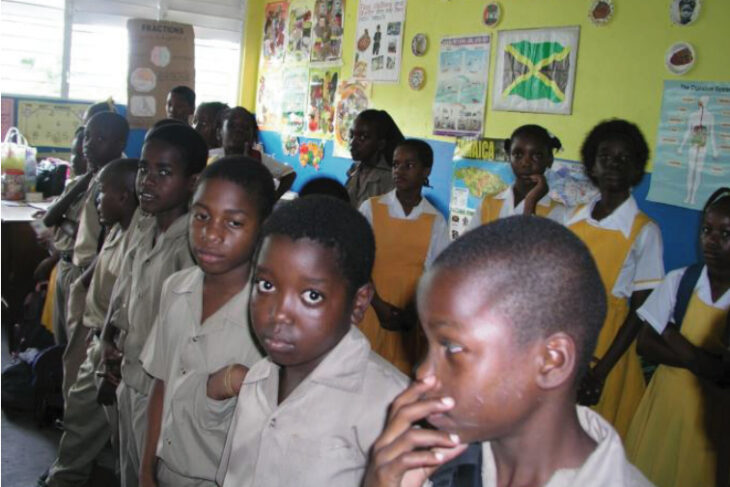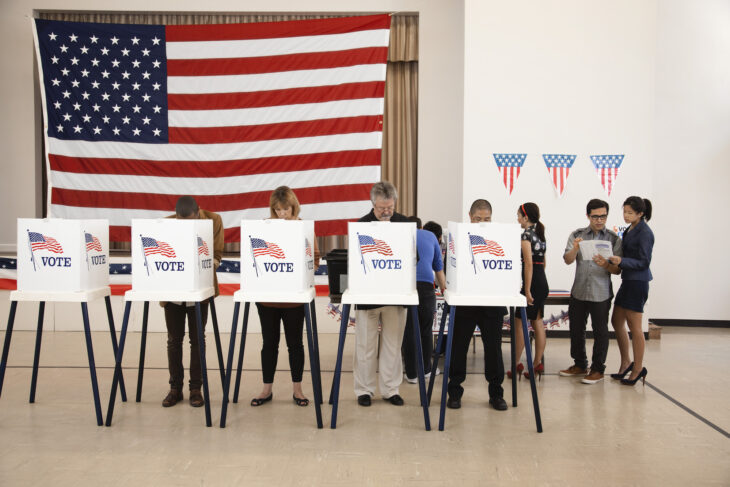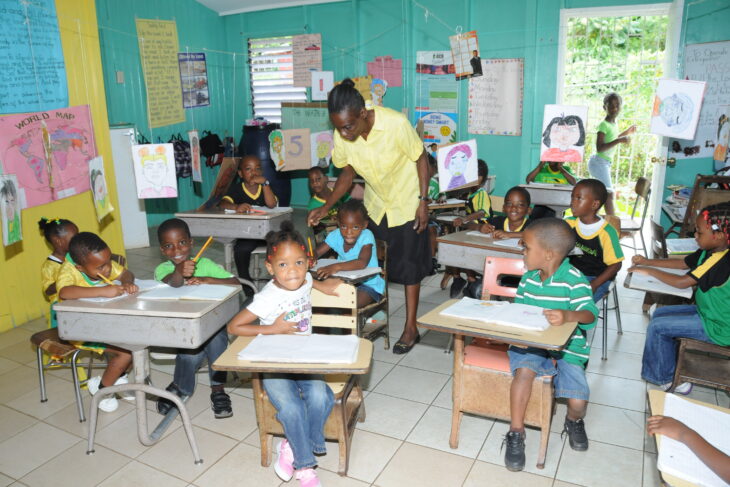
Jamaica finds itself in a strange position. On the macro-economic end things seem to be going well: the national debt is slowly being whittled down, unemployment is at record lows, our reserves are full to bursting point, and there is even serious discussion about raising the income tax threshold once again. This should make for excellent reading, and in a vacuum does. However, rather than reaping benefits of this macro-economic magic, the poverty index has risen. Despite the record lows in unemployment, pay remains at a pittance with the new minimum wage not being adequate.
Despite the amazing performance at the macro level, it has yet to trickle down — pardon the pun — to those on the lower end of the economic totem pole. A basic item such as bread has reached the once unimaginable threshold of $500. Items once seen as staples have now become luxuries — a regular beef patty now costs $300, for example — while rent costs and the cost of land/housing continue to climb at an eye-watering rate.
Yes, Jamaica’s economy is performing well, but only for a few. Some may argue that poor-paying employment is a damn sight better than no employment and no job so we must just accept what we have. That, on a good day, makes little sense, and in Jamaica, a land where the gun is easy to access and scamming remains prevalent, it is actually more sensible to be ‘unemployed’, chop the line and in one day make more than joe blow at the cement factory.
Macro-economic stability and growth are awesome. They are needed, but this is an experiment which we have run before and we know the results. It is no accident that the growth is trumpeted as the best since the 60s. It was a time much like today, very few benefiting immensely while the majority scuttled around trying to make ends meet. That is why we had the attempted social revolution in the 70s because macro-economic growth and stability mean nothing if only a few who haven’t changed in name and character that much since those days are the beneficiaries.
The fact of the matter is, despite the numbers and statistics, Jamaicans are still seeking to leave the country. Things have got so bad on the micro level that Jamaicans have begun making the long and arduous trek through Central America to illegally migrate to the US.
The fact of the matter is, Jamaica is a country with no social safety net and the cost of living increases on a weekly basis. Is it any wonder that Jamaicans view the country as going in the wrong direction? Do we realise how bad things are when the head of the PSOJ can come out and say profits aren’t everything if the workers aren’t eating?
We are obligated to what is, quite frankly, fast becoming an outdated orthodoxy and institutions like the IMF which, at this moment, are calling for the gutting of areas like PATH so the country can maintain the façade of being an IMF success story.
Boasts of new housing units and miles of road paved cannot hide the fact that for the average Jamaican home ownership is a pipe dream while more and more Jamaicans find it difficult to fill up the tank.
What could be done to improve the situation, or are we forever doomed to this? Are the people to be sacrificed for this continuous macro-economic stability?
With our net reserves in the black, there is no reason, for example, why the State cannot engage in a nationwide school feeding programme which every student can take advantage of if they wish. Such a move would go some way to removing one major poverty indicator while also enhancing the stated goal of boosting education performance.
There is no reason why the NHT, which has so much money that governments across administrations can afford to raid it to the tune of billions per year, cannot invest in the wholesale construction of new, planned, habitable communities so people can be rehoused from their current living areas which, in many cases, are below the standard considered humane in even the worst conflicts.
It is undeniable that Jamaica, on a macro level, is doing better than say even 10 years ago, but it is equally undeniable that the standard of living over the past 10 years has decreased even in the face of the new and cheap technological gadgets aimed to take our minds off the overall situation.
Jamaicans on an individual level are in more debt than ever, and while a lot of it can be blamed on silly spending habits such as loans for weekend parties and the various concerts hosted by international musicians, the lion’s share can be attributed solely to the increase in the cost of nearly everything, be it rice or school fees.
This is seen particularly in the nation’s very small and fragile middle class, whose debt levels have ballooned over the past decade as they seek to stay in the same position.
Private schools, another bellwether of the state of the middle class, have been either shuttering doors or increasing fees to such a state that, horror of horrors, parents are now actively seeking to place their children in public primary schools.
Jamaicans have not made too much of a fuss about the situation, they have either been cowed into submission or remain far too shocked to articulate the frustration and rage at the current situation. Banks and manufacturing companies which rely on imported produce are making a killing even during the COVID-19 pandemic, and at some point, the rage and frustration will manifest itself in protest. The protest could be street protest, boycotts, or the simple protest of the ballot, but there will come a time when enough is enough.
It is true the nation on a macro level is doing well, but it is in a sick and sorry state. The pendulum, as in the 70s, will inevitably swing back to the focus on the micro-economic level, but that is a hollow victory, especially for those of us suffering in the here and now who have to navigate the perilous waters to survive in Jamaica.



